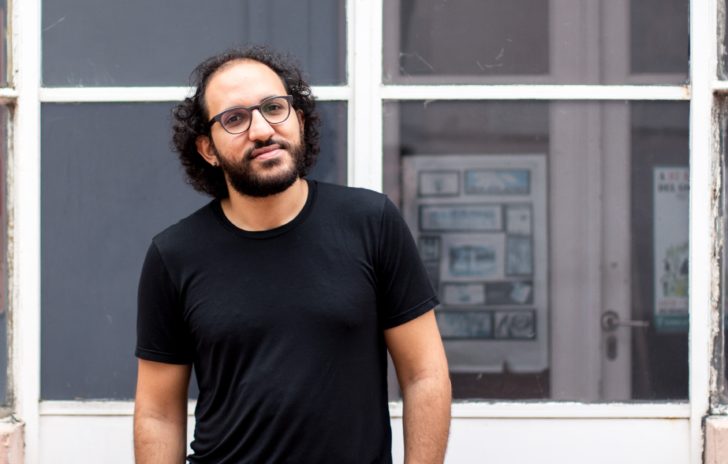Ramy Raoof works developing strategies to keep digital data private. He is the senior research technologist at the Egyptian Initiative for Personal Rights (EIPR), which belongs to the International Network of Civil Liberties Organizations (INCLO). Ramy came to Argentina to work with CELS, another INCLO member, on the initiative of the network,which has placed informational rights among its three priority areas of work.
In Egypt, members of non-governmental organizations are persecuted and have been subjected to arrest, travel bans, asset freezes and judicial harassment. Raoof sustains that state surveillance of organizations is harmful regardless of where it is practiced, even though the degree of seriousness varies.
In countries like Argentina, why is state surveillance a problem?
Surveillance is not associated with a hostile climate, surveillance happens all the time. Today in 2017, the most complex and advanced surveillance is happening in very peaceful, democratic “First World” countries: in the US, China, Korea, France. Surveillance is a way for the adversary to infiltrate your personal life and political life, in wartime and in peaceful times. From their perspective, knowing is in itself a powerful political tool. They need to know what you are doing, they need to know what the people are thinking or reading, they need to know what people are organizing.
People often underestimate the importance of privacy and security because they say, “nothing bad is happening to us.” But you don’t need to wait until bad things happen – and it doesn’t mean you aren’t under surveillance.
So even when state surveillance appears to have no direct consequences, people should still try to protect their privacy?
The fact that you don’t see the consequences is the consequence. You don’t realize you are not having your privacy, and that’s what the adversary wants. You think you have your privacy, that you have access to all books, all clubs, to all knowledge of humankind, you think you are free to organize in the street and protest – until you hit a wall, and you realize there is something missing.
What is the danger?
Privacy is an entry point to all civil liberties and human rights. If you are able to maintain a decent level of privacy, you can freely seek knowledge and share knowledge and produce knowledge. You will be free and able to access medical care and health information and sexual knowledge, you will be able to politically organize, and raise your kids, and do anything you want to do.
Without proper privacy, you cannot take an informed position or give informed consent. If someone is always giving you choices – X or Y, there is no Z, there is no other option – and someone is always deciding on your behalf, you are not really free.
How can we protect ourselves from state surveillance?
People can fight back by adopting and advocating for free and open encryption because it will disrupt their surveillance ecosystem. Across all countries and all intelligence agencies, they really hate encryption because it doesn’t allow them to see what they would like to see, and they would like to see everything, anytime, without restrictions, without permissions, without due process, without justification, without oversight. And encryption disrupts that. It destabilizes their way of monitoring us, because we can organize freely and share opinions freely without anyone seeing us.
Encryption is not torture proof, it won’t help you avoid physical abuse. But it makes the process for them much harder and much more expensive. If they are going to hunt us down anyway, I would like to make it much more difficult for them.

